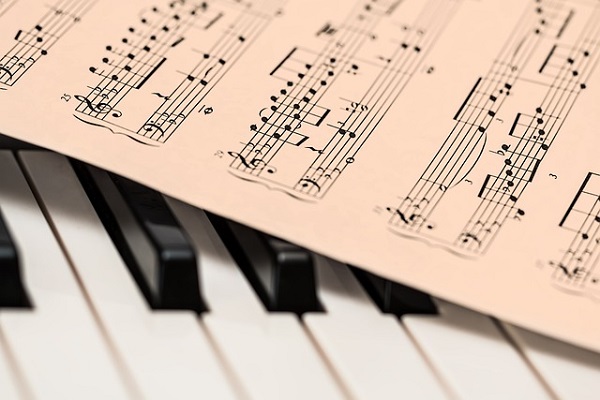 Credit: Pixabay
Credit: Pixabay
With the current conflicts in Ukraine and the Middle East, not to forget others happening elsewhere in the world, cultural and other institutions are faced with difficult decisions on whether their programming should be influenced by political happenings or remain politically neutral.
The Philharmonie Luxembourg is currently attracting attention as it will host the Israel Philharmonic Orchestra for a concert on Sunday 9 November 2025, despite public criticism linked to the ongoing Israel-Palestine conflict.
The upcoming concert, titled "Beethoven & Tchaikovsky - Classical No 5", will feature Israeli conductor Lahav Shani and pianist Yefim Bronfman. The performance recently sparked debate in Luxembourg in light of the current situation in the Middle East.
Speaking to Chronicle.lu, the Philharmonie Luxembourg acknowledged that "the current situation in the Middle East raises serious humanitarian and political concerns, and we respect the sensitivities expressed by members of the public". Nevertheless, the venue emphasised that the concert, which is part of a European tour, "is presented strictly in an artistic framework: it is a musical event without political figures, institutional messages or endorsements".
The Philharmonie added that it remains "attentive to the broader context and to the diverse perspectives of our audience, and we respect the deeply felt concerns of those who may view this engagement critically."
This will not be the first time the Philharmonie has hosted the Israel Philharmonic Orchestra: the ensemble previously appeared in Luxembourg in 2007 and 2011. The venue said the orchestra's return "reflects our mission to welcome musical voices from around the world and to place art at the heart of human encounter", describing music as "a universal language - a vehicle for dialogue and humanity, even in the most complex contexts".
The Philharmonie also noted it has applied a similar approach to its work with Russian artists in recent years, at a time when the country is at war against Ukraine: "Our position has consistently been not to adopt a boycott of individuals on the basis of nationality, as we recognise that artists cannot automatically be equated with the policies of their governments. This principle equally applies to the case of Israel."
The venue concluded that it strives to remain "a space for openness, dialogue and plurality, while remaining mindful of the questions and concerns raised by the public."
Other Cultural Venues, Charity Events
The debate is not unique to the Philharmonie. In recent years, various cultural initiatives in Luxembourg have come under scrutiny for their perceived political implications. In 2023, the Bazar International de Luxembourg (International Bazaar) saw the absence of the Israeli stand, officially citing security / logistical reasons but sparking public speculation. The stand returned in 2024, however, prompting criticism from groups such as the Comité pour une Paix Juste au Proche-Orient (CPJPO), which argued that the presence of a stand "from a country accused of genocide [...] is problematic in itself."
By contrast, Russia has not had a stand at the event since before 2022, although there is no evidence that it was formally removed by the organisers. The International Bazaar describes itself as "an independent, secular and voluntary charitable organisation", separate from politics.
Another top society event in Luxembourg used to be the annual Russian Charity Ball which raised over €400,000 over nine years. Organised by the Russian Club in Luxembourg, it cancelled the 2022 event scheduled to be held in March that year, and has not been held since.
Also, Kinepolis Luxembourg used to hold special screenings under its "Ballet at the Movies" alternative content branding involving Moscow's Bolshoi Ballet; now such screenings feature the Opéra National de Paris.
Elsewhere, the National Institute of Languages Luxembourg's (INLL) decision to introduce Russian language classes starting in September 2024 also drew criticism, further reflecting how cultural and educational choices in the Grand Duchy are increasingly being viewed through a political lens.








